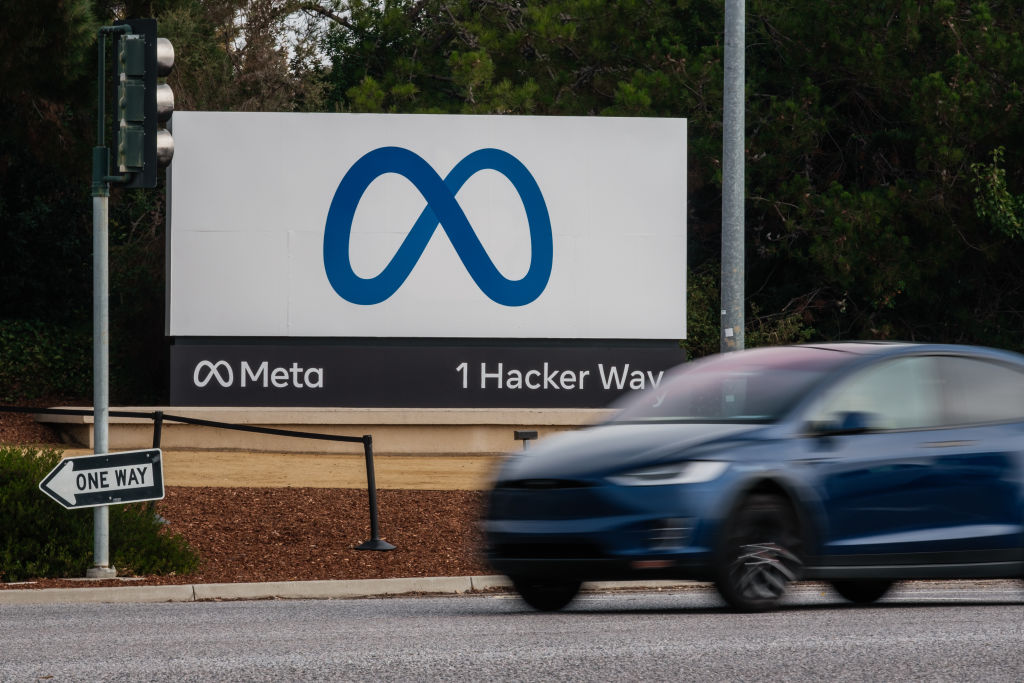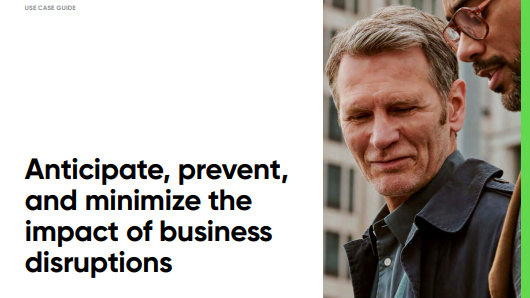Latest Meta GDPR fine brings 12-month total to more than €1 billion
Meta was issued with two hefty GDPR fines for “forcing” users to consent to data processing


Meta’s latest fines bring the total penalties incurred by the tech giant to more than €1 billion over the last 12 months.
On Wednesday 4 January, Ireland’s Data Protection Commission (DPC) imposed two sizeable fines on the social media giant totalling €390 million for GDPR violations.
A lengthy probe by the data protection watchdog found that Meta’s use of data across its Facebook and Instagram platforms was unlawful.
The DPC investigation was launched following complaints made by privacy campaigner Max Schrems in 2018. The complaint argued that, in order to comply with the newly-implemented regulations, both platforms requested users click “I accept” to confirm they agreed to updated conditions for ad targeting purposes.
According to the DPC, this meant the social media company had “forced” user consent to data processing unless they left the social media platforms, resulting in a breach of privacy regulations.
An initial fine of €210 million was issued for GDPR violations on Facebook, the DPC said, while a second €180 million fine was also related to breaches by Instagram.
In a ruling on Wednesday, the DPC said that Meta must also bring its data processing operations in line with GDPR requirements within three months.
Get the ITPro daily newsletter
Sign up today and you will receive a free copy of our Future Focus 2025 report - the leading guidance on AI, cybersecurity and other IT challenges as per 700+ senior executives
Meta said it plans to appeal the ruling, and told CNBC that the decision will not result in a ban on personalised advertising on Meta platforms.
“The suggestions that personalised ads can no longer be offered by Meta across Europe unless each user’s agreement has first been sought is incorrect,” a spokesperson for the company said.
“There has been a lack of regulatory clarity on this issue, and the debate among regulators and policymakers around which legal basis is most appropriated in a given situation has been ongoing for some time,” the statement added.
Forrester analyst Stephanie Liu warned that if the ruling stands, however, Meta will likely be forced to “explicitly ask users for consent for behavioural advertising” - or find a workaround.
“It would also need processes, workflows, and capabilities to disable targeted advertising for users who don’t consent while also convincing advertisers that its properties are still worthy of their ad budgets,” Liu added.
Recurring Meta fines
This latest batch of fines marks the climax of a difficult 12 months for the social media giant. Across the past year, Meta has incurred more than €1 billion in fines from European regulators.
In November, the company was fined €265 million by the DPC after a lengthy probe into a damaging data scraping incident.
RELATED RESOURCE

The 17-month inquiry found that personal data belonging to more than 533 million Facebook users was publicly available online, and had been scraped from the platform over a 15-month period between May 2018 and September 2019.
Two months prior, in September 2022, regulators also imposed a €405 million fine after Instagram was found to have mishandled teenagers’ personal information.
This consistent wave of regulatory crackdowns has prompted the tech giant to set aside a €2bn (£1.7bn) fund to accommodate for penalties expected across 2023, according to reports from the Irish Times.

Ross Kelly is ITPro's News & Analysis Editor, responsible for leading the brand's news output and in-depth reporting on the latest stories from across the business technology landscape. Ross was previously a Staff Writer, during which time he developed a keen interest in cyber security, business leadership, and emerging technologies.
He graduated from Edinburgh Napier University in 2016 with a BA (Hons) in Journalism, and joined ITPro in 2022 after four years working in technology conference research.
For news pitches, you can contact Ross at ross.kelly@futurenet.com, or on Twitter and LinkedIn.
-
 Bigger salaries, more burnout: Is the CISO role in crisis?
Bigger salaries, more burnout: Is the CISO role in crisis?In-depth CISOs are more stressed than ever before – but why is this and what can be done?
By Kate O'Flaherty Published
-
 Cheap cyber crime kits can be bought on the dark web for less than $25
Cheap cyber crime kits can be bought on the dark web for less than $25News Research from NordVPN shows phishing kits are now widely available on the dark web and via messaging apps like Telegram, and are often selling for less than $25.
By Emma Woollacott Published
-
 PowerEdge - Cyber resilient infrastructure for a Zero Trust world
PowerEdge - Cyber resilient infrastructure for a Zero Trust worldWhitepaper Combat threats with an in-depth security stance focused on data security
By ITPro Published
-
 Anticipate, prevent, and minimize the impact of business disruptions
Anticipate, prevent, and minimize the impact of business disruptionsWhitepaper Nine best practices for building operational resilience
By ITPro Published
-
 Three steps to transforming security operations
Three steps to transforming security operationsWhitepaper How to be more agile, effective, collaborative, and scalable
By ITPro Published
-
 Top ten ways to anticipate, eliminate, and defeat cyber threats like a boss
Top ten ways to anticipate, eliminate, and defeat cyber threats like a bossWhitepaper Improve your cyber resilience and vulnerability management while speeding up response times
By ITPro Published
-
 The complete SaaS backup buyer's guide
The complete SaaS backup buyer's guideWhitepaper Informing you about the realities of SaaS data protection and why an SaaS back up is essential
By ITPro Published
-
 The 'cyber aSaaSin' manual
The 'cyber aSaaSin' manualWhitepaper Providing valuable insights to identify SaaS data enemies and win the battle against SaaS data threats
By ITPro Published
-
 Best practices for Microsoft 365 business continuity
Best practices for Microsoft 365 business continuityWhitepaper Discover how to mitigate the effects of large-scale, high-cost data loss disasters
By ITPro Published
-
 How to answer a tricky subject access request (SAR)
How to answer a tricky subject access request (SAR)Tutorials How do you prove a customer is who they say they are, and how much information should you provide?
By Olivia Whitcroft Published